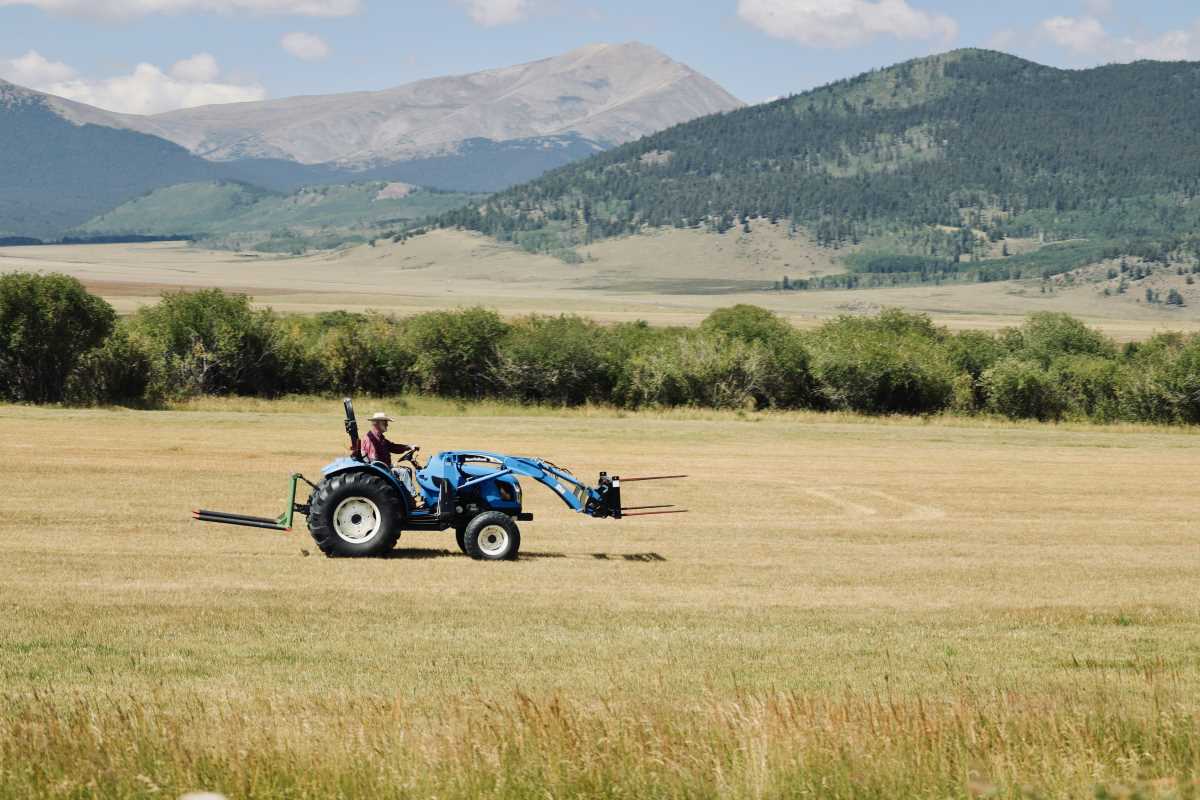Life as an educator outside urban areas brings a unique blend of roles, from guiding students and supporting families to sorting out technical issues on your own. Finding others who understand these demands can make a real difference, replacing isolation with a sense of belonging. Online communities remove the obstacle of distance, opening doors to new teaching techniques, tried-and-true classroom solutions, and stories from those who know rural education firsthand. You can exchange lesson plans, celebrate small victories, and gather tips that fit the realities of both sprawling landscapes and tightly knit schoolhouses. This guide introduces some of the best places to connect with experienced rural teachers and tap into their collective wisdom.
Top Online Forums for Connecting With Experienced Rural Educators
- Reddit r/ruralteachers: A lively subreddit where teachers post questions on classroom setup, multi-grade lessons and low-bandwidth tech hacks.
- Facebook group “Rural Educators Hub”: More than 8,000 members share local grant leads, field trip spots and supply swaps.
- Edutopia Community: Topic threads on place-based learning, outdoor classrooms and building ties with local farms.
- Teachers.Net Rural Forum: Decades-old message boards where you can dig into archives on rural literacy initiatives.
- TES Rural Education Network: UK-based but global members exchange policy updates, digital lesson packs and project guides.
Each site attracts a different group of people. Some prefer quick daily chats. Others host in-depth discussions on pedagogy and grant writing. The best choice depends on your needs—whether you want instant feedback or extensive resource libraries.
Forum Features and Membership
- Accessibility: All listed forums work on desktops and mobile devices. Reddit and Facebook offer dedicated apps. Edutopia, Teachers.Net and TES function well in standard browsers.
- Registration: Facebook and Reddit require free accounts. Edutopia and TES ask you to sign up with an email. Teachers.Net allows instant access by creating a username.
- Moderation: Volunteer or staff moderators check that posts stay respectful and on-topic. Expect spam and off-topic threads to be removed quickly.
- Special Access: TES provides premium downloads with a subscription. Edutopia sometimes hosts paid webinars led by experienced rural teachers.
Joining takes less than two minutes. A brief introduction—sharing your region and classroom size—encourages others to welcome you. Some groups ask for proof of teaching status, but most trust members in good faith.
Discussion Topics and Community Culture
Members explore lesson plans that use local resources. You’ll find threads on bird-watching journals, water table experiments tied to nearby creeks and mapping projects of local landmarks. Posts often include photos of outdoor activities that help students stay engaged when budgets are tight.
Questions about technology come up daily. Educators in areas with slow internet connections share offline-ready resources. They explain how to sync videos via USB drives and run quizzes without live internet. Teachers in newer mobile classes exchange tips on tablet charging stations and solar-powered routers.
Comparing Forums: Pros and Cons
- r/ruralteachers (i): Fast replies, global reach; sometimes drifts off-topic.
- “Rural Educators Hub”: Close-knit community, local meetups; Facebook’s algorithm hides posts unless you check frequently.
- Edutopia Community: Curated expert articles, organized categories; fewer real-time chats.
- Teachers.Net Rural Forum: Rich archives, veteran voices; outdated interface and slower mobile experience.
- TES Rural Education Network: High-quality downloads, policy updates; subscription needed for full access.
Quick threads work best for urgent tech fixes or last-minute supply swaps. Long posts suit deep dives into curriculum design and research. Photo-sharing groups bring hands-on ideas to life.
Choosing the Right Forum
List your top two needs first. Do you want quick feedback on a lesson tweak? Pick the subreddit or a social-media group. Looking for thorough research and step-by-step guides? Visit Edutopia or TES. If you want to explore older threads and personal stories, Teachers.Net offers a hidden treasure.
Try two forums side by side for a week. Post a question in each and compare response times and answer quality. Pay attention to how easy it is to navigate topics. Seek members who share detailed instructions rather than one-line replies.
Engage actively. Answer questions within your expertise and thank those who help you. The more you participate, the more personalized advice you receive. Keep an eye out for live chats or webinars—joining those events can help you build connections faster than just reading text threads.
Check thread dates and look for upvotes or “likes” to filter information. Archived posts might contain outdated tech advice, especially on less active platforms. Seek recent endorsements or follow-up comments before trying a new method.
Adjust your notifications to avoid overload. Mute less relevant channels and set alerts for key topics. Some forums let you bookmark threads—use this feature to create your own resource library for quick access.
Members grow their networks by sharing successes. Post classroom photos of a new project built from a shared plan. Describe your steps clearly and concisely. Others will respond with tweaks that better fit your environment.
Balance screen time with hands-on teaching. Use forum tips to save prep hours, then spend that extra time exploring your local surroundings with students. Whether you lead a wildlife survey or a soil test, real-world examples leave a lasting impression long after digital chats end.
Find an online community that matches your interests and engage actively. This will help you build a supportive network for remote teaching.







